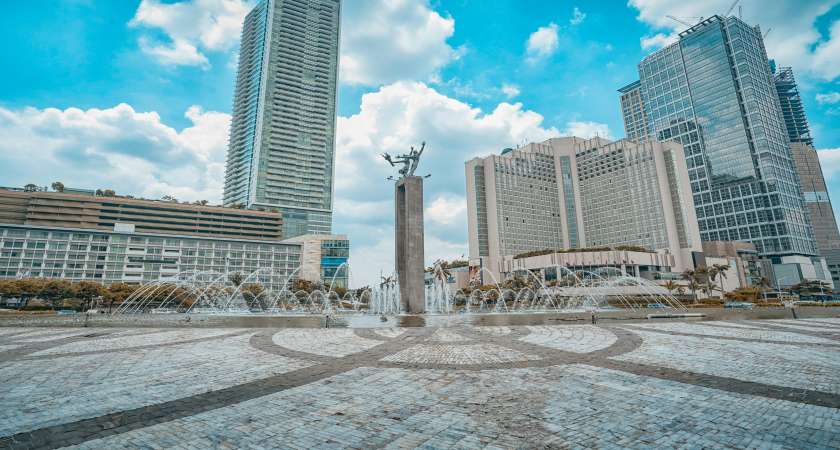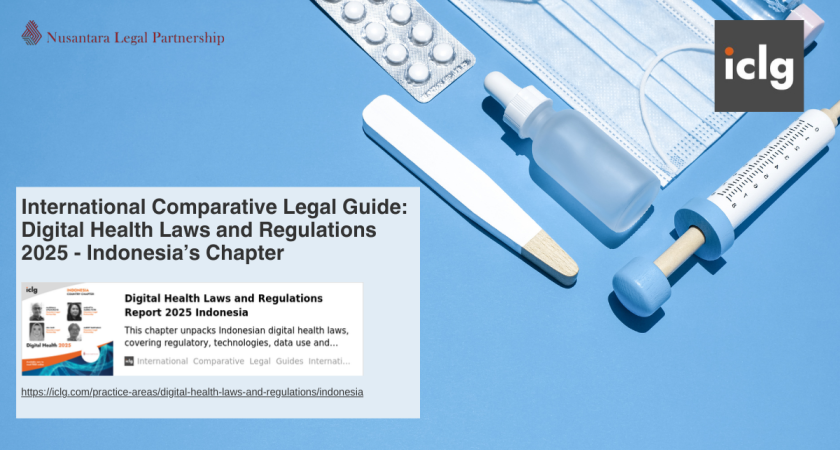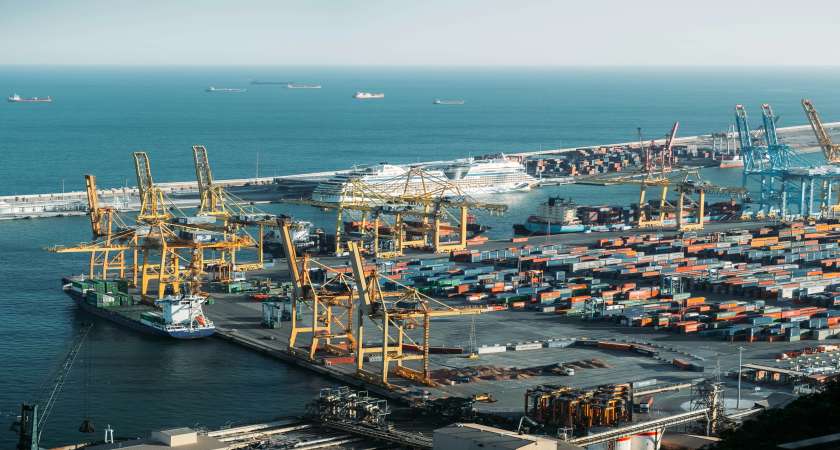The enforcement of arbitration awards in Indonesia is governed by Law No. 30 of 1999 on Arbitration and Alternative Dispute Resolution (“Arbitration Law”) and Supreme Court Regulation No. 3 of 2023 on Procedures for Appointment of Arbitrators by the Court, Rights of Interest, Request for Execution and Void of Arbitration Decisions (“SCR 3/2023”), which further elaborates on the preceding Arbitration Law. These provisions outline the procedures for enforcing both local and foreign arbitration awards. This article will discuss the mechanisms to enforce local and foreign arbitration awards, and the conditions under which these awards may be annulled.
In this article, we provide a general overview of the enforcement of arbitral awards in Indonesia, particularly the: (i) Enforcement of Local Awards; (ii) Enforcement of Foreign Awards; (iii) Annulment of Local Awards; and (iv) Conclusion.
1. Enforcement of Local Arbitration Awards
The enforcement of local arbitration awards shall go through a process, which begins when the arbitrator or attorneys of the disputing parties deliver the original copy of the arbitration awards, and power of attorney (if the submission is made by a proxy), within 30 days after the arbitration award is read (Article 59 of Arbitration Law). The district court that holds jurisdiction to receive and enforce the award shall be the district court holding jurisdiction over and located in the domicile of the defendant.
If the defendant or one of the disputing parties does not implement the arbitration award voluntarily, the other party may submit a request/petition to enforce the award to the relevant district court. Before the issuance of execution order, the district court must ensure that:
a. The disputing party had originally agreed to settle their dispute through the Arbitration process with the offending party, as proven through the document signed by the Parties (Article 4 Arbitration Law);
b. The dispute arises from commercial matters. And it is about the rights that, according to the laws and regulations, are fully controlled or held by the offending party (Article 5 Arbitration Law); and
c. The award is not contrary to decency and public order.
(Article 62 paragraph 2 of the Arbitration Law and Articles 8 and 10 of SCR 3/2023).
In case the district court concludes that an enforcement request does not comply with the requirements (such as the award contradicts decency and/or public order), then the request cannot be enforced. The refusal is final and binding without any option for legal action (i.e., cassation or judicial review) (Article 62 paragraph 3 of Arbitration Law and Article 11 of SCR 3/2023).
Such execution order shall be rendered no later than 30 days after the application for enforcement of the award is registered at the district court (Article 62 paragraph 1 of Arbitration Law).
2. Enforcement of Foreign Arbitration Awards
Unlike the enforcement request for Local Awards that can be submitted to the district courts of any region where applicable depending on the domicile of the defendant, enforcement petition for Foreign Awards can only be submitted to the Central Jakarta District Court (Pengadilan Negeri Jakarta Pusat).
Qualifications:
The following conditions must be fulfilled so the award can qualify for execution:
a. The awards must be issued by an arbitrator or arbitration forum of a country that bound via a bilateral or multilateral agreement on the enforcement of foreign awards with Indonesia. Currently, Indonesia is a party to and has ratified the United Nations Convention on the Recognition and Enforcement of Foreign Awards of 1958 (“The New York Convention”) through Presidential Decree No. 34 of 1981;
b. The scope of the award is limited to commercial matters (i.e. banking, trade, finance, capital investment, industry, and intellectual property);
c. The award does not conflict with public order;
d. If the Republic of Indonesia is one of the parties to the Award, the Award can only be enforced upon receiving an order from the Supreme Court of the Republic of Indonesia delegating the executory power to the Central Jakarta District Court; and
e. After obtaining an exequatur from the Supreme Court of the Republic of Indonesia (Mahkamah Agung), the enforcement will be delegated to the Central Jakarta District Court.
(Article 66 of Arbitration Law and Articles 16, 17, and 18 of SCR 3/2023)
Should the Central Jakarta District Court conclude that the enforcement request does not comply with any of the conditions, the request cannot be enforced. The decisions refusing enforcement requests may become subject to cassation (Article 21 of SCR 3/2023)
Required Documents:
The foreign arbitration award must also be accompanied by the following documents during
submission and registration:
a. The original version or authentic copy of the foreign arbitration award, which must also
include an Indonesian translation made by a sworn translator;
b. The original version or authentic copy of the agreement between the Parties that forms
the basis of the foreign arbitration award, which must also include an Indonesian
translation made by a sworn translator; and
c. Information/notice from Indonesian embassy in the country where the foreign arbitration award is rendered, stipulating that the plaintiff’s country has ratified The New York Convention.
(Article 67 of Arbitration Law and Article 7 paragraph 3 of SCR 3/2023)
The article above was prepared by Audria Putri (Senior Associate), Mia Sari (Senior Associate), and M. Irfan Yusuf (Associate).









